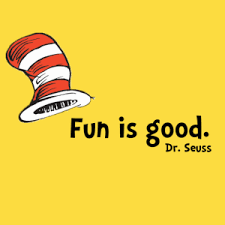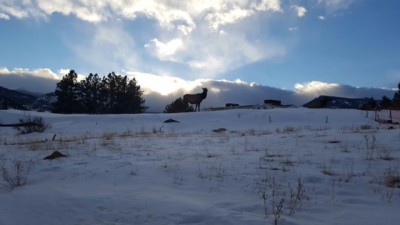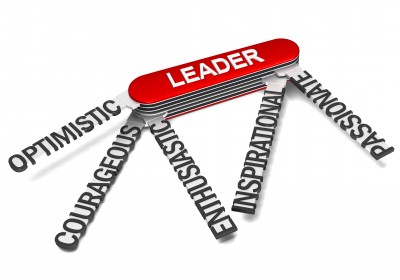 We’ve almost made it through the 1st month of 2017. I’m always amazed at how the world seems to stop in its track after Thanksgiving. Then January rolls around, and it’s All Hands on Deck! So if your January has hit you like a Nor’ East wind, remember the wise words of one of our greatest authors, Dr. Seuss…. FUN IS GOOD!
We’ve almost made it through the 1st month of 2017. I’m always amazed at how the world seems to stop in its track after Thanksgiving. Then January rolls around, and it’s All Hands on Deck! So if your January has hit you like a Nor’ East wind, remember the wise words of one of our greatest authors, Dr. Seuss…. FUN IS GOOD!
It’s this thing called dopamine… the neurotransmitter in our brain that sends signals that control movement, emotions and our abilities to experience pleasure and pain.
According to Dr. Matt Bellace at Lynn University in Florida, laughter releases the neurotransmitter dopamine, which serves as a reward for the brain, creates a sense of euphoria, and plays a pivotal role in our motivation to continue the behavior. Dr. Bellace notes that the benefits of laughter include improved immune functioning, stress relief, increased tolerance for pain, improved cardiovascular health, reduced anxiety, and improved mood.
For all of you consummate learners out there (I’m one of them), did you know that every time we’re interested and engaged in a subject, our brain get a shot of dopamine. It makes us want to keep learning and pushing ourselves. That’s really exciting for those of us in the training business. We like it when our participants are engaged and inspired… and trust me, as a trainer and speaker, I am tuned in to watch for dopamine surges!
So as we usher in a new year in the senior care industry, with all the challenges that it will most certainly bring, I think one of the greatest gifts we can offer those we serve is FUN. The great paradox of life holds true: the more you give the more you get. We have great opportunities ahead of us to enrich others lives so let’s all go out and spread some dopamine!
 Nature heals. Being in nature, or even viewing scenes of nature, reduces anger, fear, and stress and increases pleasant feelings. Exposure to nature not only makes you feel better emotionally, it contributes to your physical wellbeing, reducing blood pressure, heart rate, muscle tension, and the production of stress hormones. It may even reduce mortality, according to scientists such as public health researchers Stamatakis and Mitchell.
Nature heals. Being in nature, or even viewing scenes of nature, reduces anger, fear, and stress and increases pleasant feelings. Exposure to nature not only makes you feel better emotionally, it contributes to your physical wellbeing, reducing blood pressure, heart rate, muscle tension, and the production of stress hormones. It may even reduce mortality, according to scientists such as public health researchers Stamatakis and Mitchell.
